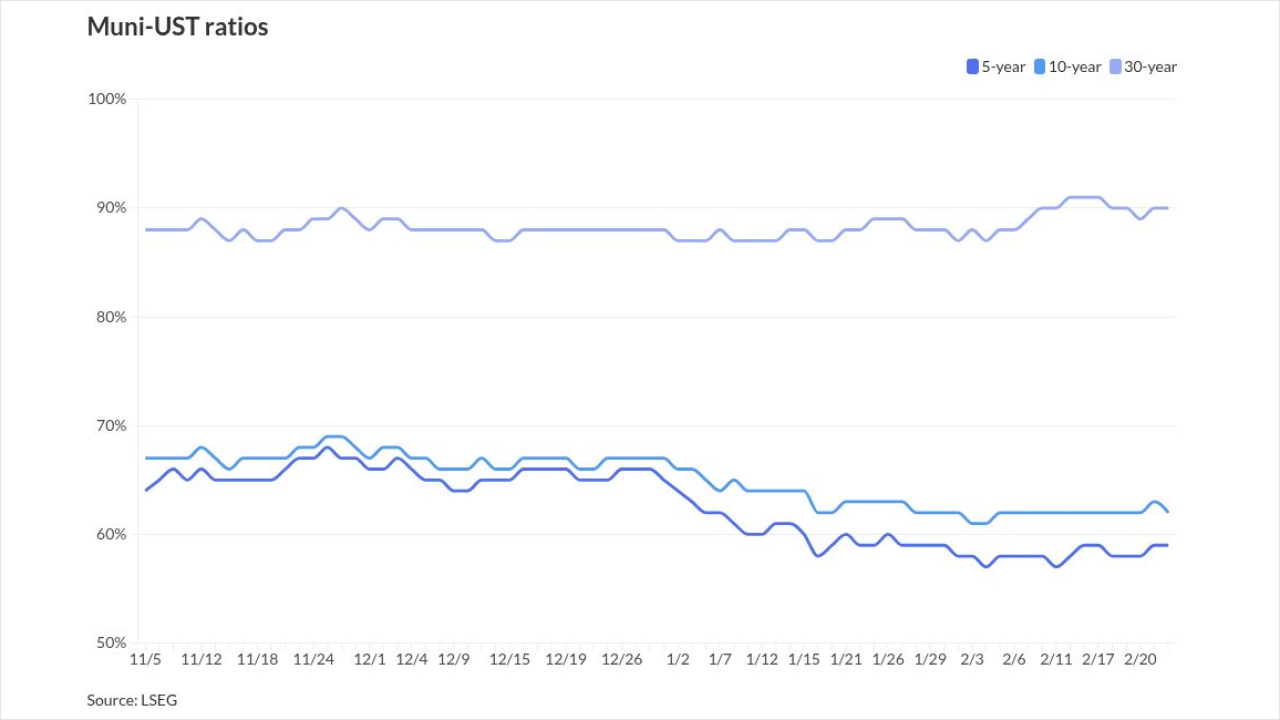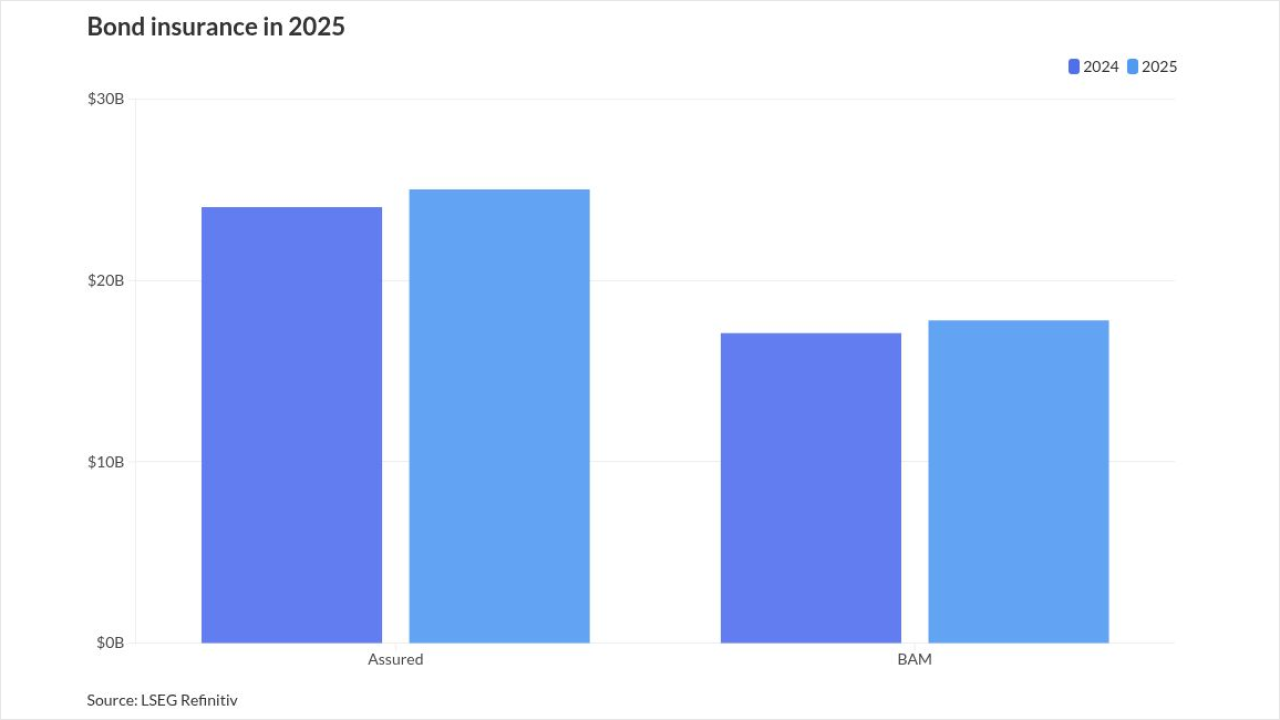CHICAGO –The Cook County, Ill., board unanimously signed off on a $5.2 billion fiscal 2018 budget Tuesday that cuts hundreds of positions to wipe out the $200 million hole left by the board’s repeal of a sweetened beverage tax.
The gap is closed mostly with savings through the elimination of 763 vacant positions and 321 layoffs. The original budget proposal relied on the elimination of 254 vacant positions, so the additional ones bring to 1,000 the number of vacant positions cut. The number of layoffs was reduced Tuesday from the 425 proposed last week after the county found alternatives to trim costs and decided to slow its timing on filling positions.
The county will further close the gap with a tax-increment financing surplus, improved enforcement on collections of various taxes, the use of some special purpose funds, county clerk employee furlough days, and reductions in general fund spending on equipment purchases.
“We have had to make exceedingly difficult but necessary choices, but we have met our fiscal obligation to the people of Cook County, while at the same time protecting key public health and public safety services,” board president Toni Preckwinkle said in a statement.

Commissioners held hearings on how to close the gap left after repealing the tax last month following just a couple months of collections. Preckwinkle had pushed for the tax and lobbied commissioners to keep it.
Preckwinkle had billed the tax as a good revenue source to avoid public health and safety cuts and as a means to reduce consumption of drinks that many believe lead to obesity and diabetes.
But the county faced intense public and industry pushback. The tax faced a lawsuit from the beverage industry, consumer complaints, and warnings that people were flocking to neighboring counties to make their purchases, damaging local businesses.
The region also faces tax fatigue due to a series of increases levied by the county, Chicago, Chicago Public Schools, and the state.
The repeal represented “a credit negative because the county loses revenue and it reflects practical constraints on revenue raising,” Moody’s Investors Service wrote in a commentary after the board voted in October to repeal the tax.
Moody's rates the county's general obligation bonds A2. They carry a AA-minus rating from S&P Global Ratings and an A-plus rating from Fitch Ratings. All three agencies assign a stable outlook.
The Chicago Civic Federation had warned against dipping into a $115.5 million unassigned general fund balance, which could contribute to a downgrade, and urged the county against reversing course on pension funding. The budget budget allocates additional funding beyond the statutorily required pension amount for a third year.
The county had previously raised the sales tax to funnel more money into its weak pension system and that allowed for a supplemental contribution of $270.5 million in fiscal 2016 and $353.8 million in fiscal 2017 with the proposed $4.9 billion 2018 budget allocating an additional $353.4 million.
The original $5.4 billion budget included an operating fund of $4.9 billion, an increase of $512 million or 11.6% from fiscal 2017, and the capital portion totaled $476.5 million. The fiscal year begins Dec. 1.
Staffs led by Cook County Circuit Court Chief Judge Timothy Evans and Sheriff Tom Dart will suffer the most job losses.
Evans said in a statement he was considering legal action. “The manner in which the president and County Board imposed 156 layoffs on the operations under the authority of the chief judge is unprecedented,” Evans’ said. “As a result, we are considering our legal options, and we expect to say more on this matter early next week."





